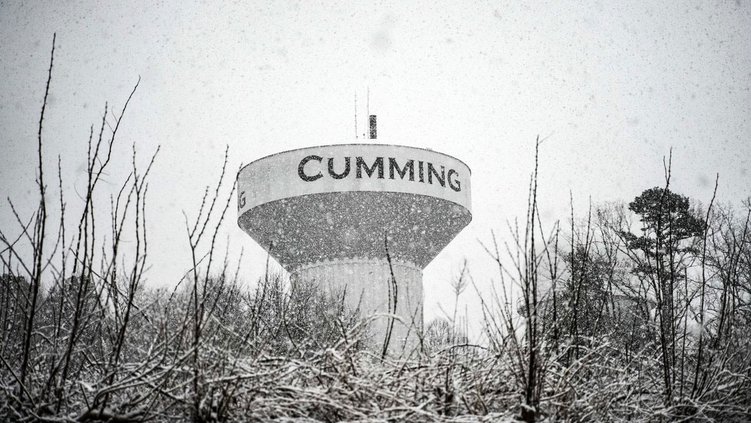As winter weather approaches, officials are offering residents advice on how to stay happy, safe and -- most importantly -- warm this holiday season.
With Christmas cold snap coming, here’s what you need to know





